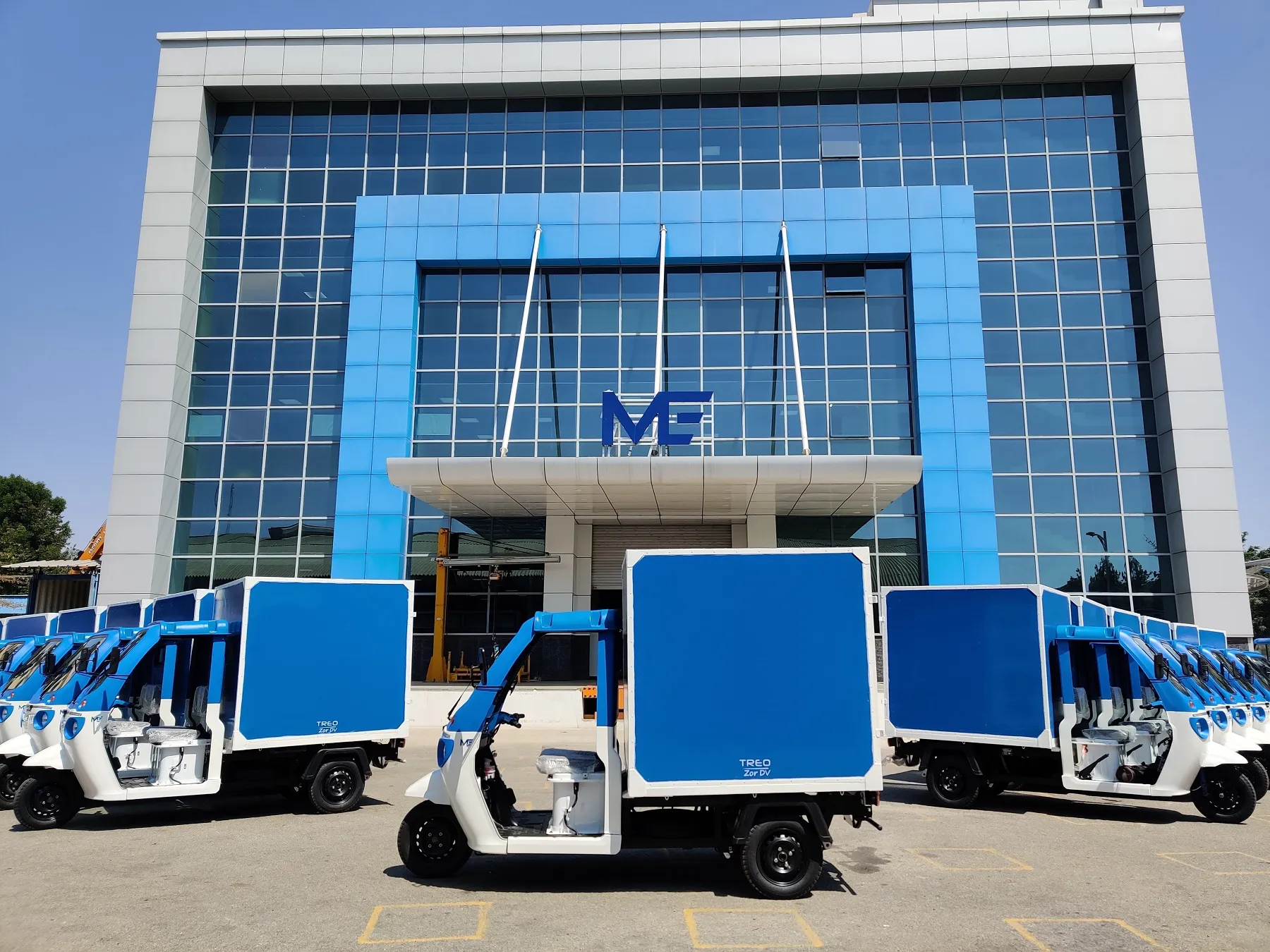Nissan Motor Company and Nissan Arc have jointly developed an atomic analysis methodology that they claim will aid in boosting the performance of lithium-ion batteries and ultimately extend the driving range of zero-emission electric vehicles (EVs).
The breakthrough was the result of a combined R&D effort between Nissan Arc, a Nissan subsidiary, Tohoku University, the National Institute for Materials Science (NIMS), the Japan Synchrotron Radiation Research Institute (JASRI) and Japan Science and Technolo
May 16, 2016
Read time: 2 mins
The breakthrough was the result of a combined R&D effort between Nissan Arc, a Nissan subsidiary, Tohoku University, the National Institute for Materials Science (NIMS), the Japan Synchrotron Radiation Research Institute (JASRI) and Japan Science and Technology Agency (JST).
The analysis examines the structure of amorphous silicon monoxide (SiO), widely seen as key to boosting next-generation lithium-ion battery (Li-ion) capacity, allowing researchers to better understand electrode structure during charging cycles.
Silicon (Si) is capable of holding greater amounts of lithium compared with common carbon-based materials, but in crystalline form possesses a structure that deteriorates during charging cycles, ultimately impacting performance. However, amorphous SiO is resistant to such deterioration.
Its base structure had been unknown, making it difficult for mass production. However, the new methodology provides an accurate understanding of the amorphous structure of SiO, based on a combination of structural analyses and computer simulations. The new findings indicate that its structure allows the storage of a larger number of Li-ions, in turn leading to better battery performance.








